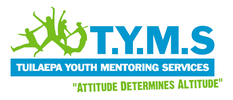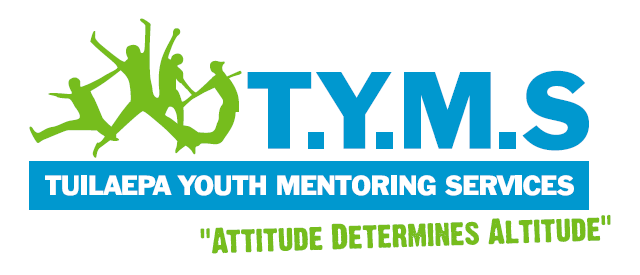|
Author: Koleta Savaii Humans are biologically designed to develop in interaction with their environment. In other words, a person’s positive growth and development is dependent on both their biology (nature) and the environment in which they are raised. For example, childhood obesity and environmental toxins in the water, among other factors (such as gender, genetics), have been linked to the early onset of puberty. This has been associated with early growth spurts and bone maturation, which means that kids will generally look older than their peers of the same age. In such cases, problems may arise if society's expectations of a child are based on their physical appearance and do not match the child's level of maturity. This can lead to inappropriate assumptions about other aspects of their maturity and behaviour.
Given the role of an individual’s surroundings in shaping growth and development, it is crucial that children are nurtured in good environments. Examples of a good physical environment include good community design and the built environment (i.e. parks and green open spaces, street connectivity, transportation systems), access to health-related resources (i.e. nutritionally healthy food, recreational facilities, medical care), zero or low exposure to harmful substances (i.e. contaminants in the air and water supply, proximity to toxic sites), good housing conditions (i.e. no overcrowding or neglected properties), and adequate educational facilities and employment opportunities. A good social environment, on the other hand, consists of neighbours and locals who look out for young people and/or provide after school recreational, educational and/or employment opportunities. A good neighbourhood also is one in which there is little or no local criminal involvement, it is free from violence, and there are opportunities for members to participate in the community and find or feel a sense of connectedness. A child who grows up in such an environment is highly likely to have good physical and mental health, is less likely to suffer from health-related complications (e.g. obesity, alcohol-related health illnesses, etc.), and will be empowered by experiencing a greater sense of purpose and perceived control. Compared to other age groups, adolescents are perhaps the most vulnerable to the effects of their environment. In addition to the physical and psychological effects of puberty (e.g. acne, hair growth, periods, emotional ups and downs), the adolescent brain also undergoes tremendous changes which have significant consequences on their experiences. Many neuroimaging studies that mapped changes in specific regions of the brain showed that those regions associated with higher levels of executive function (including task initiation and management, self-image, impulse control, judgement, strategising pathways, and managing strong emotion) only fully mature well into the 20’s. In comparison to adults and children, adolescents also have different responses within their brain pathways to reward-initiating stimuli; this is thought to relate to the earlier maturation of striatal reward areas of the brain than the fronto-cortical self-regulatory control regions (which is responsible for impulse control, etc.). These data highlight the distinct features of the adolescent brain, and also explains why adolescents are more vulnerable to poor decision making and risk taking behaviour, and are more sensitive to reward-inducing stimuli such as peer pressure, drugs and alcohol, which are ongoing challenges for many families, communities, and nations. While there are multiple ways of addressing the aforementioned youth challenges, the most obvious option is a change in the environment. We need to provide them with more opportunities for positive engagement. These can include access to local sports clubs, homework centres, etc. It also means restructuring physical environments that have easy access to drugs and alcohol. Good environments produce healthy and empowered members of society; building good environments is a worthwhile investment for any society and nation. TYMS is a local community provider of academic, cultural, spiritual, and recreational resources for young people who are excluded or at risk of exclusion from school and their communities. As a local provider, our work aims to provide the young person with the skills to be resilient and also to become more productive members of society, whether it be through reconnecting them with mainstream or alternative education, or employment providers. This is our contribution to the good environment that every child deserves to grow up in.
0 Comments
Your comment will be posted after it is approved.
Leave a Reply. |
Categories
All
Archives
June 2018
|
What Our Clients Are Saying
|
Contact Us |



 RSS Feed
RSS Feed
